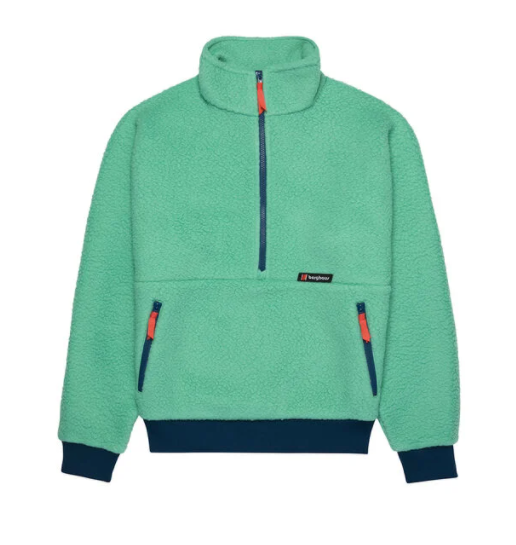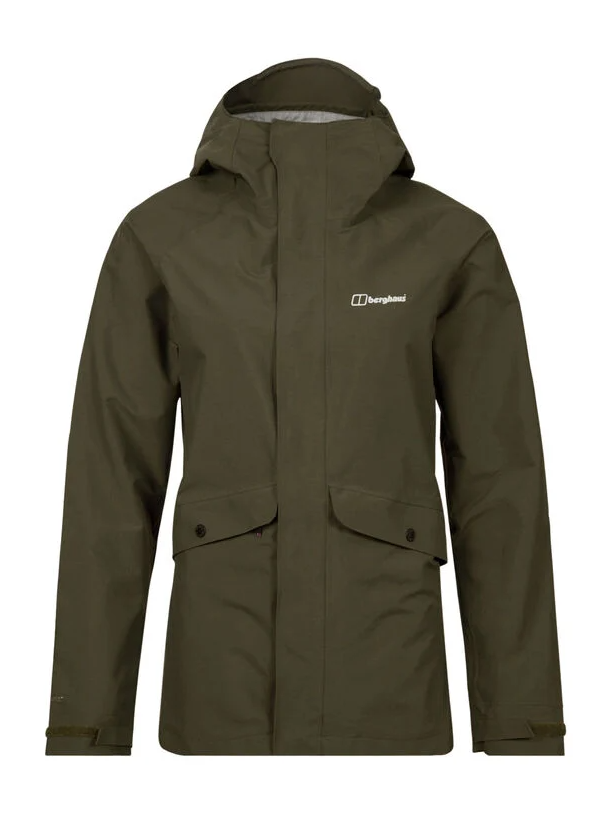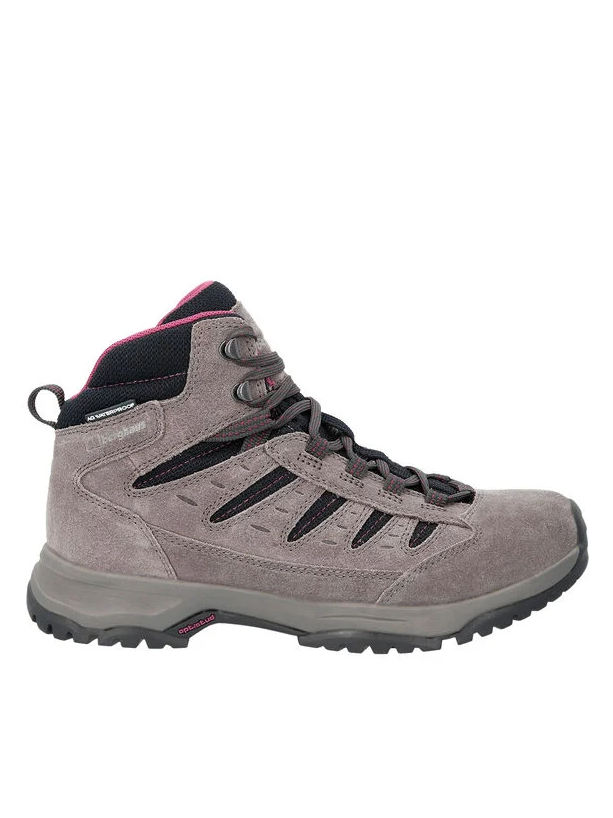Meet Black Girls Hike, The Group Reclaiming Outdoor Spaces
A report commissioned by the Department for Environment, Food and Rural Affairs found that people from ethnic minority backgrounds feel excluded and fear discrimination in what they perceive as an 'exclusively English environment'.
I worked in an office for years and I was the only young Black woman. You're never really being yourself; you're stifling and code switching. I'm tired of being in those environments, everyone needs an outlet. I'm including us in the outdoor narrative, we are inclusive.
Black Girls Hike has branched out into other outdoor sports such as caving and climbing and Rhiane says she is looking into hosting outdoor retreats in the future.









